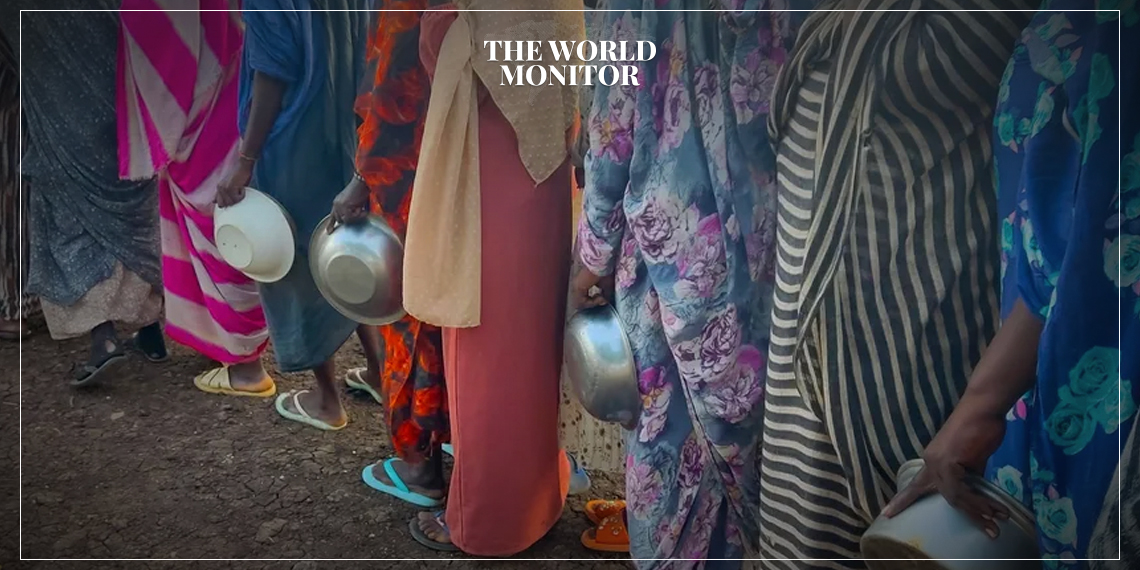A UN official, recently returned from a visit to Sudan on Friday, described the suffering of displaced women and girls fleeing the war, condemning their deprivation of “all their basic necessities” and facing a severe shortage of food, water, and safety.
Leila Bakr, the Regional Director for the United Nations Population Fund for the Arab States, stated, “We all know that war is brutal, but this is one of the most horrific situations I have witnessed in my career.”
She added, “Imagine thousands of women crammed into a shelter where there is no clean water, no hygiene, no enough food for their next meal, and no medical care for these displaced women.”
The war in Sudan has been ongoing for over 16 months between the army led by Abdel Fattah al-Burhan and the Rapid Support Forces led by Mohamed Hamdan Dagalo, resulting in tens of thousands of deaths and, according to the United Nations, one of the worst displacement crises in the world.
More than ten million people have been displaced within Sudan or have fled to neighboring countries since the outbreak of the fighting, according to UN figures. Bakr criticized the lack of funding for humanitarian support efforts.
From Jordan, Bakr briefed journalists at the United Nations headquarters in New York via video about what she witnessed during her visit to Sudan. The UN official recounted her encounter with a 20-year-old woman in an overcrowded shelter in Port Sudan.
Bakr said, “She was shy; I asked her to sit beside me,” and continued, “She told me what happened as she whispered in my ear very softly, that she was raped.” Bakr, with a trembling voice, said that the displaced young woman, Zainab, “was raped while fleeing her home in Khartoum, where she lost everything. She was the sole provider for her family, and this is a woman who should have been in the prime of her life,” according to the UN website in Arabic.
Bakr added, “Zainab suffered 15 months of silence and pain until she came to that center. There, she was able to receive psychosocial counseling.” Bakr called for enhanced support efforts, noting that she saw “baby incubators overflowing” with infants, sometimes two or three together, and operating rooms lacking basic infection control measures and a limited stock of medicines.
She stated that from her meetings with women in Sudan and what she heard directly from them: “What they desire more than anything else, more than water, more than food, is immediate protection from the raging war.”






